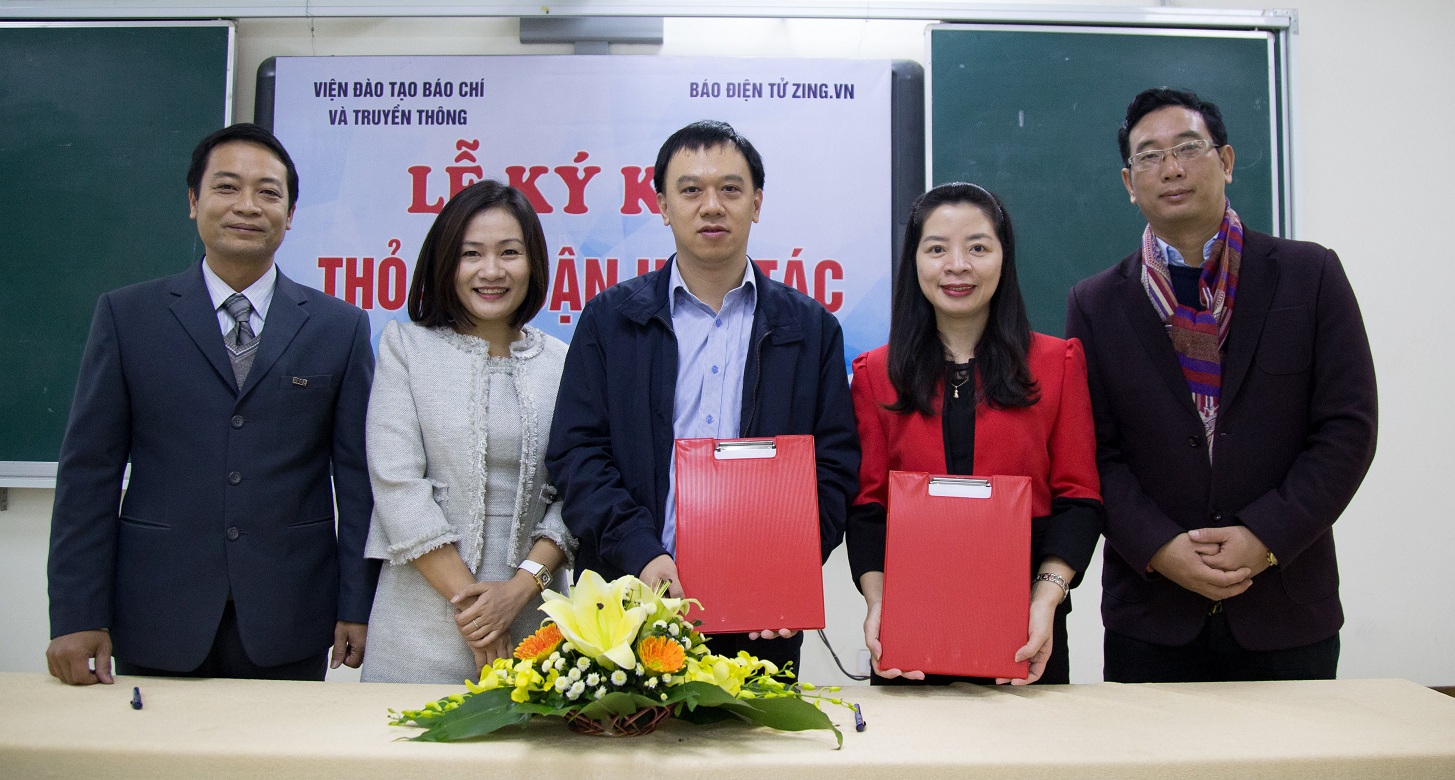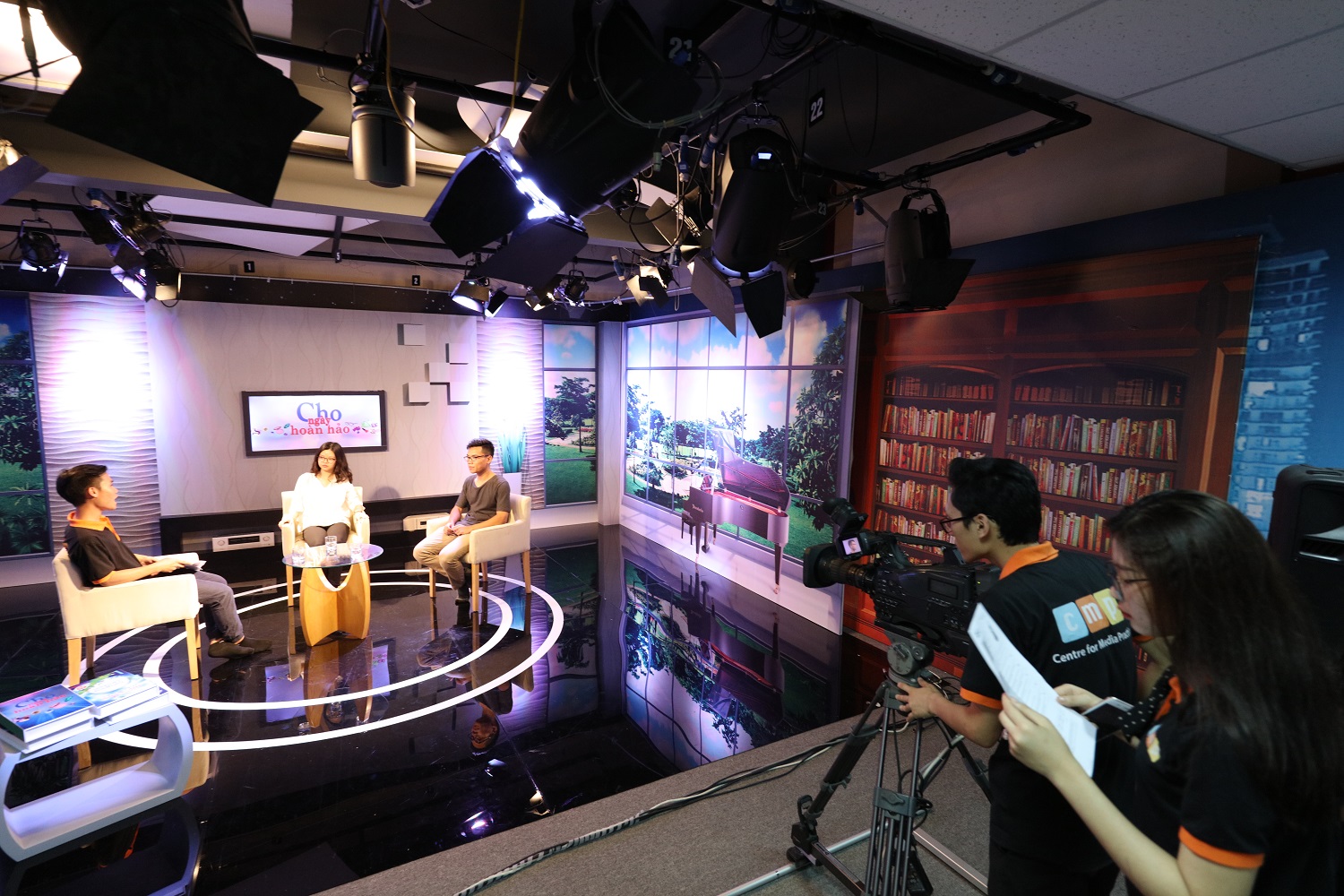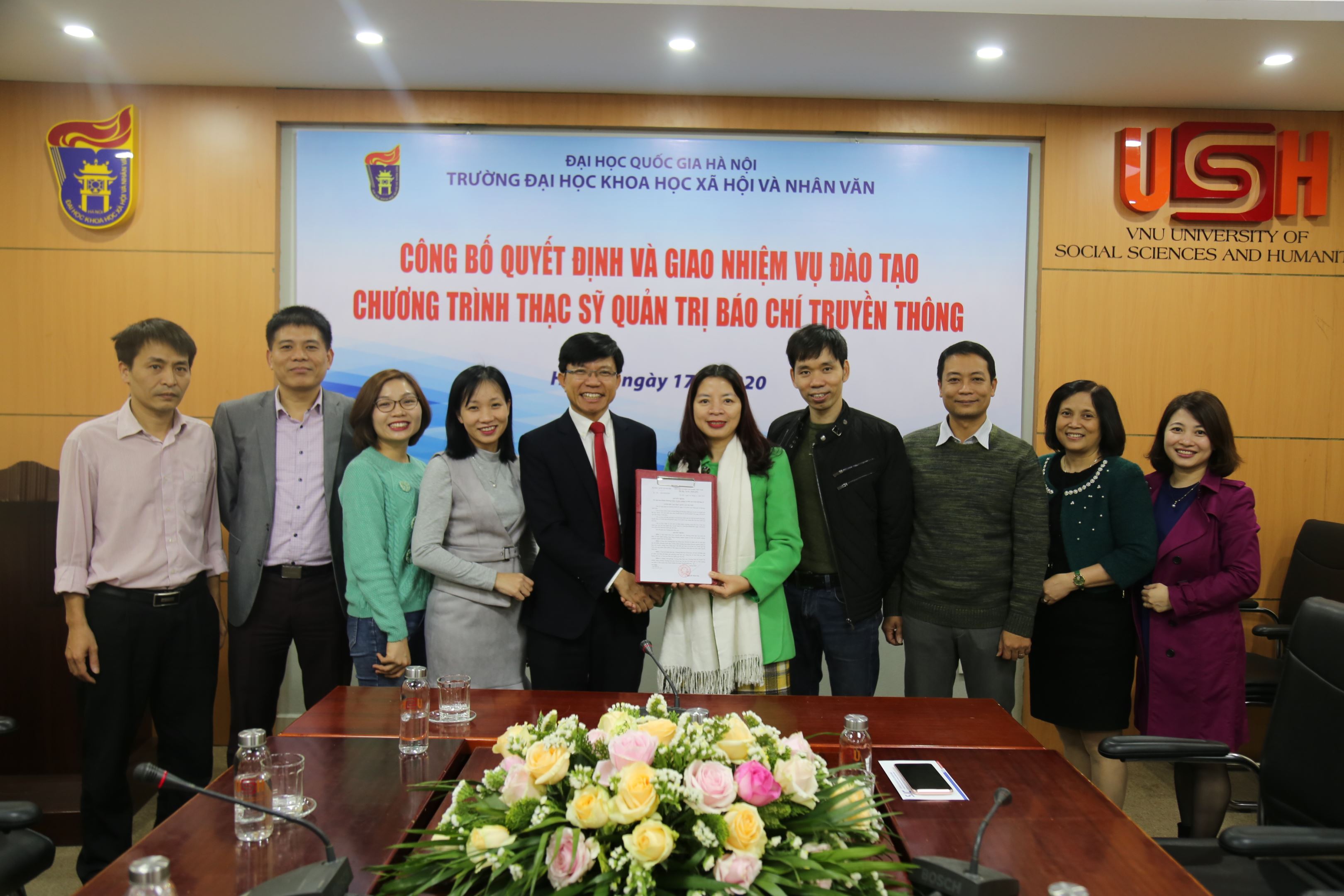
Specialized, interdisciplinary, and cross-disciplinary training
Four hundred years ago, the English philosopher F. Bacon said, "Knowledge is power," and "He who masters information will master the world." In his work "The Coming of Post-Industrial Society," Daniel Bell argues that: "Industrial society is based on mechanical technology, post-industrial society is based on intellectual technology. If capital and labor are the two characteristics of industrial society, then information and knowledge are the two characteristics that replace them in post-industrial society. Post-industrial society is also called the information society."
Information has become one of the five crucial elements of the economy, alongside human resources, raw materials, technology, and capital. The quantity and speed of information transmission reflect a nation's strength, and the development of an information society is an inevitable trend in modern society. Therefore, journalism and media have long been a thriving industry in many countries, and journalism and media training has always attracted a large number of students. For example, in the UK, there are 83 institutions offering 1,230 bachelor's degree programs in journalism alone. Meanwhile, there are 207 institutions offering 3,923 diverse bachelor's degree programs in media. These figures are impressive considering the UK's population of nearly 67 million in 2019.

Students from the Institute of Journalism and Communication Training (Faculty of Social Sciences and Humanities, Vietnam National University, Hanoi) during a practical television class.
In Vietnam, unlike undergraduate training in other social science fields, developing professional skills is always the top priority in journalism and media training schools. At the University of Social Sciences and Humanities, Vietnam National University, Hanoi, thanks to a two-phase investment project totaling nearly 60 billion VND, journalism students have the opportunity to study, work, and hone their skills in a "miniature newsroom" environment.
Studying in a leading training and research environment for social sciences and humanities in Vietnam, students are exposed to and imparted the most fundamental, in-depth, and profound knowledge in philosophy, history, literature, linguistics, psychology, sociology, etc. This important and valuable knowledge base helps future journalists create articles that resonate with readers, possessing cultural depth and a comprehensive understanding of society.
With the flexible credit-based training system, students can pursue a double degree to receive two full bachelor's degrees after 4.5-5 years of study at the university. Studying journalism combined with another social science discipline not only complements interdisciplinary knowledge and increases job opportunities for students, but also creates journalists who are experts in a specific field (such as journalists specializing in economics, environment, education, international affairs, etc.). Highly skilled reporters and editors with in-depth knowledge of a particular field will produce high-quality articles on various industries and fields, thereby enhancing the political, scientific, and educational content of Vietnamese journalism.

The Institute received approval to launch the Master's Program in Journalism and Communication Management in early 2020.
Training in journalistic ethics
Journalism is a unique profession because the information journalists provide has a significant impact on the general public and plays a crucial role in shaping public opinion. The press acts as a messenger, a bridge between the public and policymakers. And democracy can only exist when citizens have access to accurate, objective information, enabling them to voice their opinions and make informed decisions..
Journalism plays a particularly important role, so from its very beginnings in the 17th century, there have been codes of professional ethics for journalists. Journalism worldwide has written codes adopted by professional associations and recognized by journalists in their practice. Furthermore, many media organizations have developed their own codes of ethics, such as radio stations.BBC(English), or the newspaperThe New York Times(USA). Journalistic ethical conventions are diverse and varied, but they all share one common point: they acknowledge that objectivity, truthfulness, fairness, and balance in information are the highest ethical standards for journalists.
The Declaration on the Principles of Journalistic Ethics, adopted by the International Federation of Journalists in 1954 (amended in 1986), immediately affirms the first principle: Respect for truth and the public's right to know the truth is the primary duty of journalists. The ASEAN Code of Journalistic Ethics also identifies the first principle as: "Upholding the principles of openness, democracy, accuracy, and honesty in the process of gathering news, documents, taking photographs, etc." The Code of Professional Ethics for Vietnamese Journalists also clearly defines the requirements for "honesty, objectivity, and respect for the truth" for journalists.

Signing ceremony for the cooperation agreement between the Institute and Zing online newspaper.
In the digital media environment, journalistic ethics is a pressing issue. The sheer volume of information transmitted instantaneously via the internet makes it impossible for people to control what they consume. Dishonesty, distortion of facts, and manipulation of information for malicious purposes are rampant, especially on social media, where information spreads rapidly and without control. Many new problems have emerged, and the dissemination of pornographic images, violent games, hate speech, and defamation are causing concern for many responsible individuals in society.
Journalism possesses extraordinary power. It's not just a profession, but a mission, because journalism doesn't exist for itself, but for society. Journalists and the press must work for the benefit of the majority of workers in society, and therefore must always strive for genuine values of truth, goodness, and beauty. In the digital age, journalistic ethics need to be emphasized and implemented more effectively than ever before. Therefore, the primary task of training in journalism and media is not just about skills and professional expertise, but about comprehensive training, especially in political ideology, professional ethics, and general knowledge of culture and society for journalists.
Box:
|
(*) This article was published in the special issue of Nhan Dan newspaper on the occasion of the 95th anniversary of the Vietnamese Revolutionary Press Day (June 21, 1925 - June 21, 2020).
Author:Assoc. Prof. Dr. Dang Thi Thu Huong
Newer news
Older news